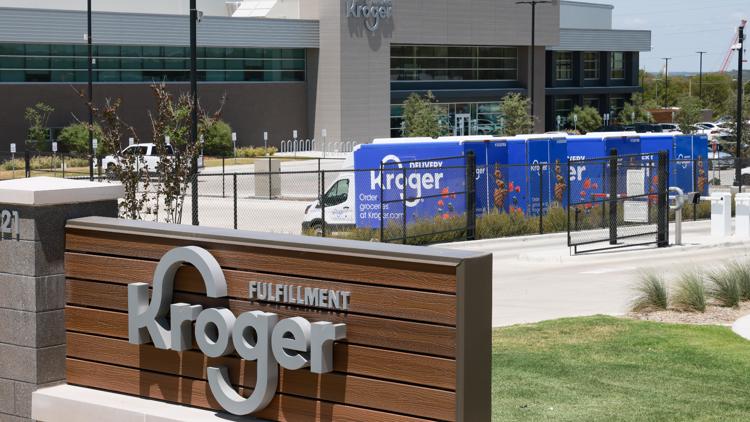Amidst the legal battle between two grocery giants, Kroger and Albertsons, over their proposed merger, the spotlight shines on the potential impact of this deal on the market dynamics. The three-week hearing in Portland, Oregon, has been a battleground where the fate of this $24.6 billion merger hangs in the balance.

Both companies have argued fervently that merging would enable them to drive down prices and enhance their competitiveness in the face of retail behemoths like Walmart and Amazon. The CEOs of Albertsons and Kroger have pledged to lower prices, expand growth, and preserve union jobs through this merger.
On the other side, the Federal Trade Commission (FTC) has raised concerns about the potential loss of competition and subsequent price hikes that could negatively impact consumers. The FTC, along with labor union leaders and several state attorneys general, has taken a stand against this merger, fearing adverse effects on wages, benefits, and consumer access to essential services.
If the merger were to proceed, Kroger and Albertsons plan to divest over 570 stores to C&S Wholesale Grocers. However, there are doubts about C&S’s ability to effectively manage these assets, adding another layer of complexity to the debate.
As the hearing nears its conclusion, all eyes are on U.S. District Judge Adrienne Nelson, who will decide whether to issue a preliminary injunction to block the merger. The FTC is prepared to escalate the case to in-house administrative proceedings should the injunction be granted.
With the future of the grocery industry hanging in the balance, the clash between corporate interests and consumer welfare takes center stage. Stay tuned as the final verdict in this high-stakes battle shapes the landscape of the supermarket industry in the United States.




